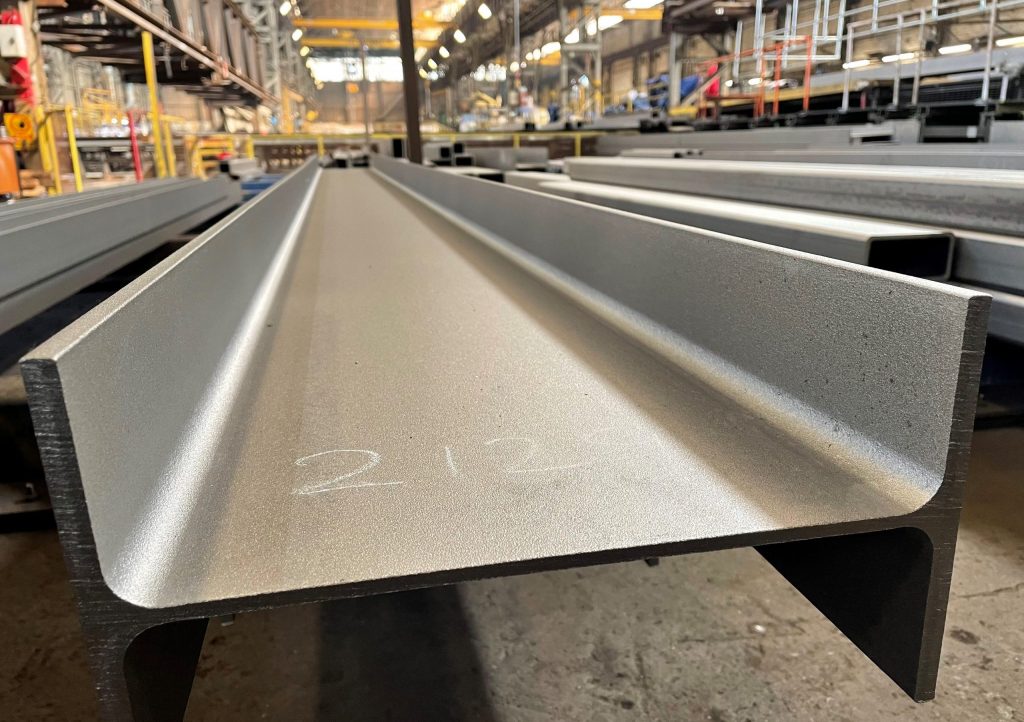Engaging contractors early is key to overcoming this ongoing global issue:
Global materials shortages are impacting every corner of the construction industry, with all material types impacted by longer lead times or rising prices.
The problem is being caused by a ‘perfect storm’ of global issues – largely created by rising costs and container logistics during the coronavirus pandemic but exacerbated more recently by the Suez canal container blockage. And in the UK it is further impacted by both Brexit trade changes and foreign markets being prepared to pay more for goods. It means up to 75% of projects are experiencing delays, according to the National Multifamily Housing Council.
All material types are affected, from structural steel to screws as well as cement, bricks, roof tiles and timber.
Structural steel is one of the products most impacted, with costs increasing in recent months and some industry experts predicting price rises are likely to continue through 2021. Similarly, issues are expected to last the longest for timber, as current production levels are unable to meet global demand. It is only plaster and plasterboard which appear largely unaffected, with supplies of these products improved on last year’s figures.
And industry leaders are warning the problem is likely to get worse before it gets better, with the Construction Leadership Council’s (CLC) product availability work group saying problems will continue for at least the next two to three months.
The CLC this month released its first quarterly report since being asked by the government to monitor and report on material shortages. Additionally, the National Multifamily Housing Council says current levels constructors experiencing materials shortages – at 83% – are the highest recorded since the outbreak of the pandemic.
To cope, some constructors and clients are reporting sourcing new suppliers or even using alternative materials, particularly as high demand, rising prices and longer delays are impacting small firms.
Now businesses are being advised to allow for materials shortages in all project planning, expecting price increases or longer lead times. The CLC suggests advance orders for materials which are price sensitive or have long lead times are likely to become more the norm.
Main clients, their funders and contractors are being advised to factor this in at the earliest stages of projects, and to engage contractors as early as possible to allow them to work with their own supply chains. This will be key for those contractors planning for a new surge in works as lockdown is gradually lifted, such as restarting delayed office or hospitality projects.
Pre-construction services agreements (PCSA) are one of the ways main clients can mitigate the risks of materials shortages. These allow main clients to engage expertise ahead of entering a formal building contract and will now allow for early advice to tender for and secure key supplies. Where main clients are opting for a turnkey construction – seeing a single contractor assume responsibility for the design and construction of a development – a PCSA ensures those with experience and expertise are working on sourcing materials and managing supply chains early on.
Early planning and ongoing monitoring of the materials markets will be essential to the construction industry continuing its recovery from the effects of the coronavirus pandemic. Involving contractors, particularly specialist suppliers, early on in a project is always beneficial, and never more so than as we ‘build back better’ during this period of challenge and uncertainty.
Read our other Insights pieces to learn more about the latest news from the industry and how we’re supporting our clients to navigate changes and challenges.

